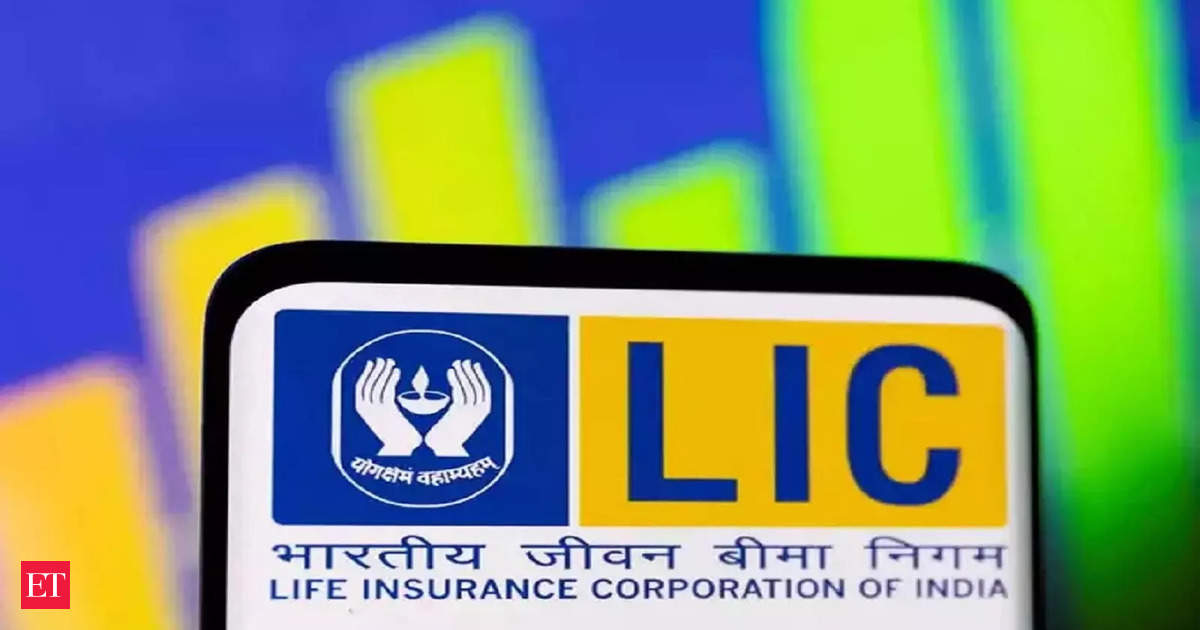India’s largest insurer seeks legal challenge to the campaign INa company that claims to be an asset monetizer and focused on buying LIC policies, officials familiar with the plans said. It is tempting insured transfer their rights over it in exchange for consideration instead of waiving them.
ACESO, founded by two chartered accountants, Ketan Mehta and Himanshu Ashar, offers ALIP (Assign Your Life Insurance Policy). This, it says, is based on a legal contract that is allowed by law. It provides a double benefit to those involved in the insurance policy: agents and the insured. When assigned, it is said that ACESO is paying more than it LIC There would have been payment and continuity of commissions for the agents.
This carrot of ongoing commissions is a big draw as the agents themselves are turning against the interests of LIC, which is the main source of their income. In many cases, policyholders who are treated unfairly when bailed out pay less than half of the premium because a large part of their payment goes to the agents as commissions.
But LIC says the practice is illegal.
“This goes against the very purpose of insurance and is not in the interest of the policyholders,” said Siddharth Mohanty, chief executive of LIC. “This type of assignment is about purchasing a policy… it is not specified whether the transferee or nominee company will receive the death benefit, which creates uncertainty. This goes against the spirit of insurance and the protection it offers to policyholders. Unregulated entities are in the business of trading policies. We are opposed to trading policies in principle.” For LIC, the partial payment of the policy value brings financial benefits and also covers the long-term obligations of insuring millions.
TWO DECADES AGO…
This is familiar territory for LIC.
Almost two decades ago, Insurance policy Plus Services started offering similar services. It started buying expired insurance policies and policies from those who could not continue paying, reactivating them and claiming them when the time came. LIC, through circulars in 2003 and 2005, stated that assignments considering it invalid and refused to honor the claims that were challenged by Insure Policy.
He Supreme Court ruled that LIC’s actions were “ultra vires” and illegal, complicating the insurer’s business operations for the nation.
Based on representations from the insurance industry, which is a long-term business that sometimes accumulates liabilities for seven or eight decades, the government decided to equitable them by amending Section 38 of the Insurance Act, giving them the right to decide on allocations.
“An insurer may accept the transfer or assignment, or refuse to act on any endorsement made, where it has sufficient reason to believe that such transfer or assignment is not bona fide, or is not in the interest of the insured or in the public interest or is for the purpose of negotiating the insurance policy,” reads Subsection 2 of Section 38.
This, LIC believes, is strong enough to counteract the business of ACESO’s campaign to buy policies from those who want to surrender.
“LIC believes that these products and services may pose a significant risk to the interests of policyholders and their families, and are fraught with risks and may be prone to misuse,” the insurer said.
Although LIC is in a stronger position this time, as the law gives it enough muscle to decline, ACESO claims that its trading of LIC policies is legal and could enhance insurance growth. “ALIP is not a threat to LIC, but works as an aggregator between policyholders and insurance companies, in the interest of the public – policyholders, agents and equity investors,” said Ketan Mehta, Founder Director, ACESO. “It increases the number of insured people in an underinsured country. The legality of the allotment is confirmed by regulator IRDAI. ALIP, allotted to a trust, is rated AAA+ by CRISIL, ensuring there is no risk to policyholders.”
Disclaimer:
The information contained in this post is for general information purposes only. We make no representations or warranties of any kind, express or implied, about the completeness, accuracy, reliability, suitability or availability with respect to the website or the information, products, services, or related graphics contained on the post for any purpose.
We respect the intellectual property rights of content creators. If you are the owner of any material featured on our website and have concerns about its use, please contact us. We are committed to addressing any copyright issues promptly and will remove any material within 2 days of receiving a request from the rightful owner.

